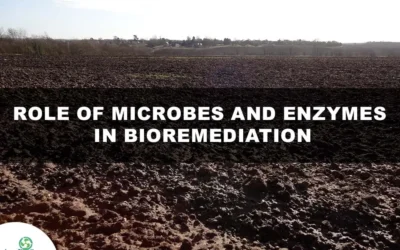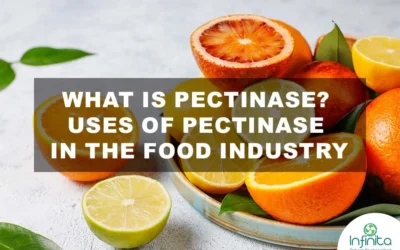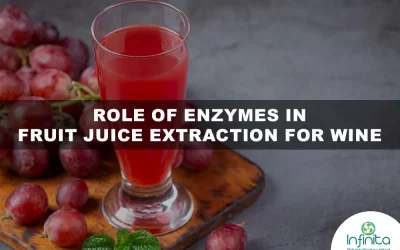Latest Blogs & Articles
Application Of Beta Glucanase In The Brewing Industry
Beer and wine have been an indispensable part of our social life since time immemorial. In the brewing industry, both beverages are produced by yeast fermentation of sugars. Grapes are the basis for wine and barley is an essential ingredient for beer, since they...
Role of Microbes and Enzymes in Bioremediation
The growing industrialization and urbanisation have led to a swift rise in toxic waste. The emerging toxic pollutants in nature and improper disposal of waste are a threat to the environment. The toxic pollutants have the ability to deteriorate the ecosystem. Many...
What is Sea Snot and How to Get Rid of Sea Snot?
Humans have done excessive damage to this planet and ruined the oceans and now harming the aquatic ecosystem havoc has started to occur around ocean water. This mucus-like thick substance is called ‘sea snot’ due to its bad odour and texture. The occurrence of sea...
Enhanced Oil Recovery (EOR) and the Uses of Guar in Oil Drilling
by Infinita Biotech | Eco Enzyme Guar Gum It is increasingly important to thoroughly assess, test, and scale-up profitable secondary and enhanced oil recovery (EOR) projects as the oil is produced from older and more complex reservoirs. By injecting elements that are...
What is Pectinase? Uses of Pectinase in the Food Industry
In layman’s terms, a pectinase enzyme is a group of enzymes that are further used to break down the plant cell walls made of pectin. Now, pectin is found in the middle lamella of the cell walls of a plant. It is an acidic heteropolysaccharide. Pectin is found in other...
Role Of Enzymes In Fruit Juice Extraction For Wine
The winemaking process involves the use of many enzymes. This is the most natural way of making an alcoholic beverage. Wine gets its taste because of the breakdown process completed by the enzymes. Broadly, these enzymes used to make wine belong to the Enological...
Alpha Amylase Enzyme an Overview
Alpha Amylase, also written as α-amylase, is a natural enzyme that is used to hydrolyze (a chemical reaction when a molecule breaks into one or more bonds) alpha-linked poly carbohydrates, such as dextrins and starch. This yields shorter chains of glucose and...
How are enzymes used in soil stabilisation during road construction?
The need to have good roads has increased over time. Indeed, constructing good roads requires stable and durable soil, which can be done via soil stabilization. The fact is that soil stabilization is a costly investment and sometimes high costs become obstacles in...
What Are The Different Types of Enzymes for Reducing BOD and COD Levels?
It is a common misconception that water doesn’t have oxygen. In reality, water does contain oxygen – in dissolved form. Going back to the chemistry class, the chemical formula of water is H2O, where H is hydrogen and O stands for oxygen. Though oxygen isn’t a...
Uses of Maltogenic Amylase in Baking
The use of enzymes in the baking industry is not new and has been followed for decades. An enzyme is a protein that makes a chemical change in a biological system. In the baking industry, enzymes break starch into maltose, complex sugar into simple sugar, and protein...










